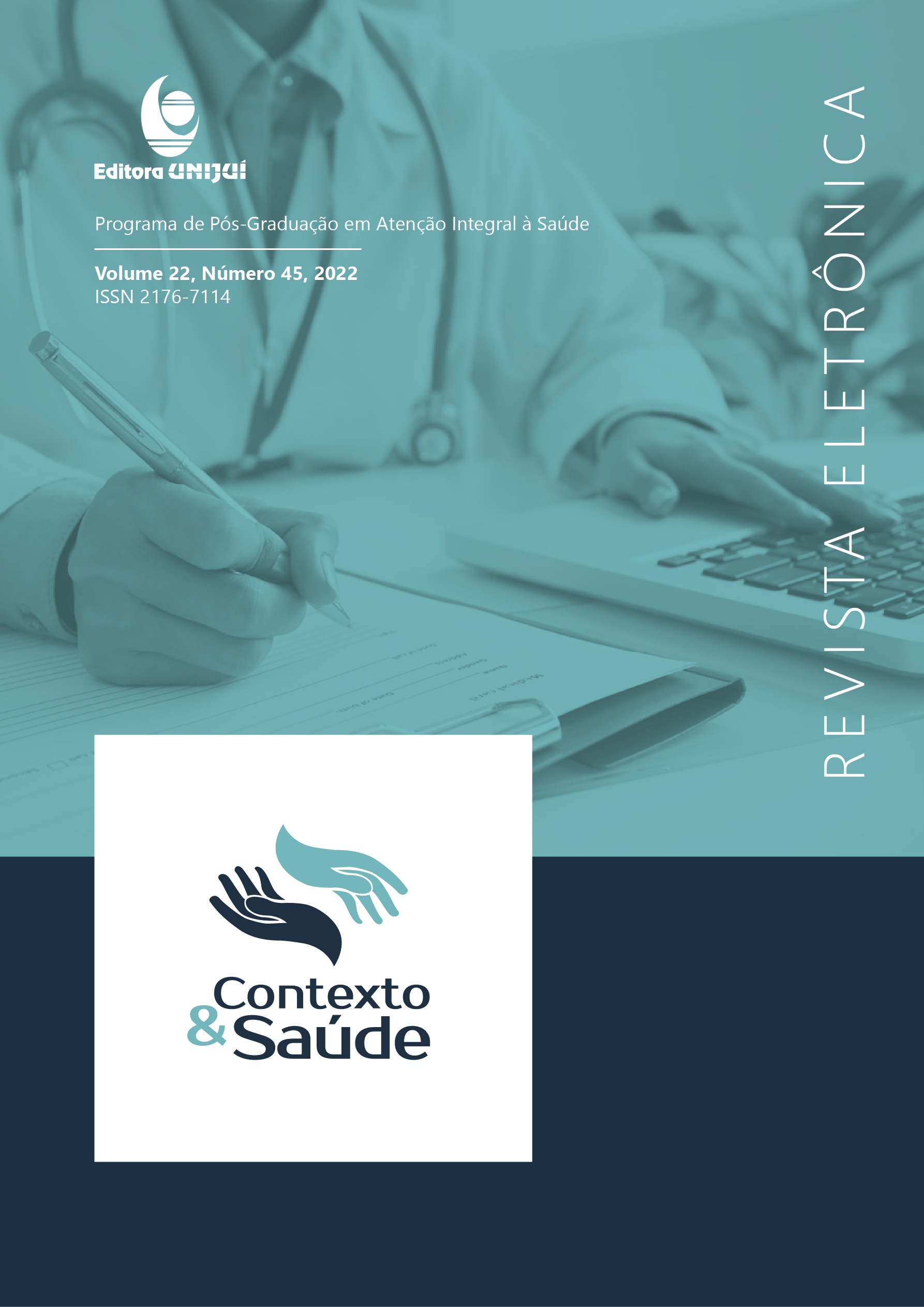Oxidative Stress in Type 2 Diabetes and The Impact of Exercise: from mitochondria to glucose management in skeletal muscle
DOI:
https://doi.org/10.21527/2176-7114.2022.45.11425Keywords:
exercise, diabetes, oxidative stress, mitochondria, insulin resistanceAbstract
Oxidative stress is the result of reactive oxygen species (ROS) overproduction and/or a decline in antioxidant defense mechanisms. Oxidative stress can be marked by deleterious effects on DNA, proteins, and lipids structure, changing cell homeostasis, and contributing to the development of metabolic diseases as type two diabetes (T2D), characterized mainly by insulin resistance in several tissues, as skeletal muscle. The T2D development and its complications are related to mitochondrial dysfunction and oxidative stress, as well as pro-inflammatory state and metabolic unbalance. Acute exercise represents a necessary type of challenge to whole-body homeostasis. Therefore, regular exercise (sum of acute exercise challenges) promotes antioxidant, anti-inflammatory, and metabolic adaptations induced by each stress induced by the exercise session, evoking a hormesis effect (from mitochondria to many tissues) that is beneficial for T2D prevention and treatment. Despite of a considerable research information in the field, the characterization of the sources and pathways of ROS generation in T2D and during exercise still a matter for investigation. Therefore, the multifaceted effects of oxidative stress in T2D and the link of exercise in T2D are discussed in this review.
Downloads
Published
How to Cite
Issue
Section
License

This work is licensed under a Creative Commons Attribution 4.0 International License.
By publishing in Revista Contexto & Saúde, authors agree to the following terms:
The works are licensed under the Creative Commons Atribuição 4.0 Internacional (CC BY 4.0) license, which allows:
Share — to copy and redistribute the material in any medium or format;
Adapt — to remix, transform, and build upon the material for any purpose, including commercial.
These permissions are irrevocable, provided that the following terms are respected:
Attribution — authors must be properly credited, with a link to the license and indication of any changes made.
No additional restrictions — no legal or technological measures may be applied that restrict the use permitted by the license.
Notes:
The license does not apply to elements in the public domain or covered by legal exceptions.
The license does not grant all rights necessary for specific uses (e.g., image rights, privacy, or moral rights).
The journal is not responsible for opinions expressed in the articles, which are the sole responsibility of the authors. The Editor, with the support of the Editorial Board, reserves the right to suggest or request modifications when necessary.
Only original scientific articles presenting research results of interest that have not been published or simultaneously submitted to another journal with the same objective will be accepted.
Mentions of trademarks or specific products are intended solely for identification purposes, without any promotional association by the authors or the journal.
License Agreement (for articles published from September 2025): Authors retain copyright over their article and grant Revista Contexto & Saúde the right of first publication.

